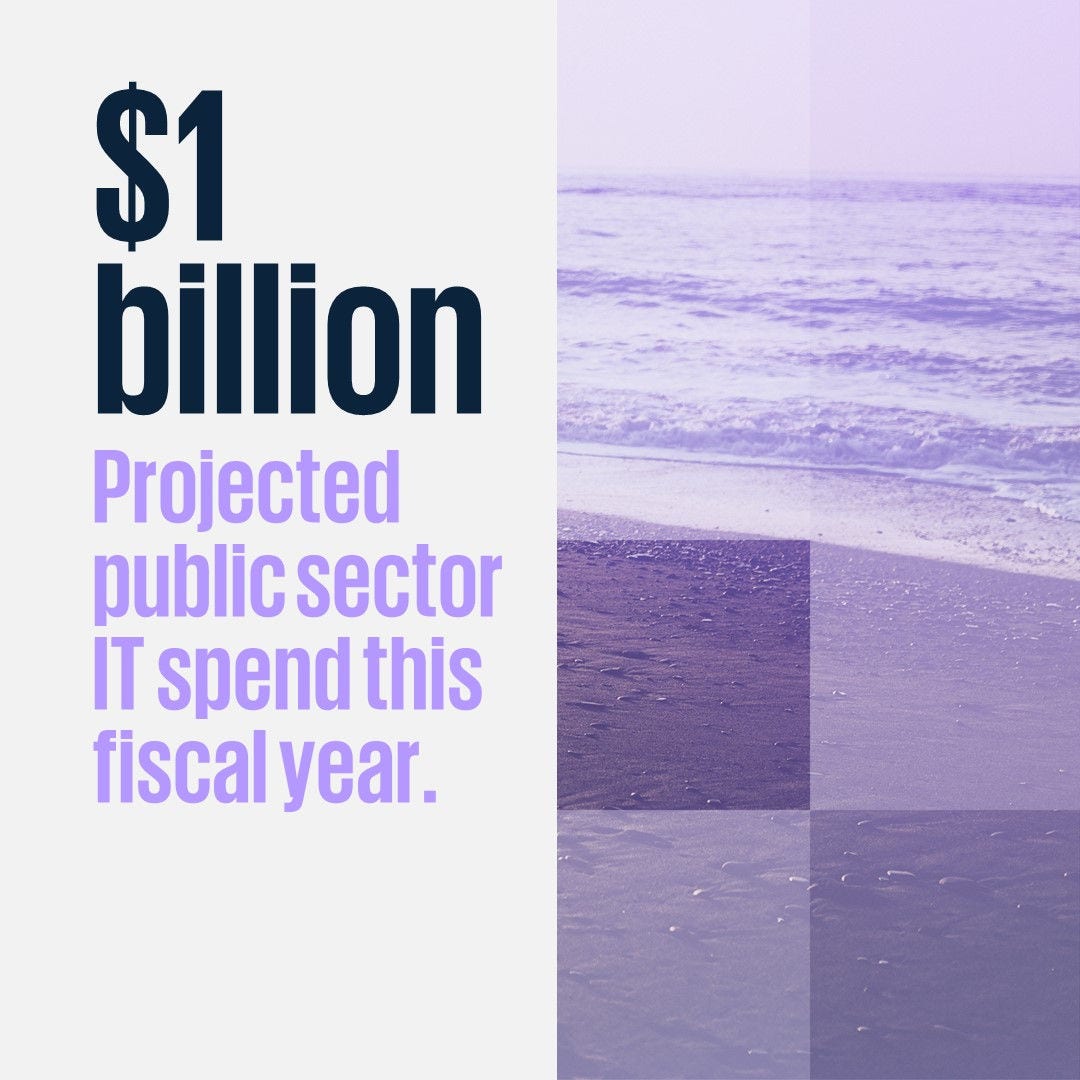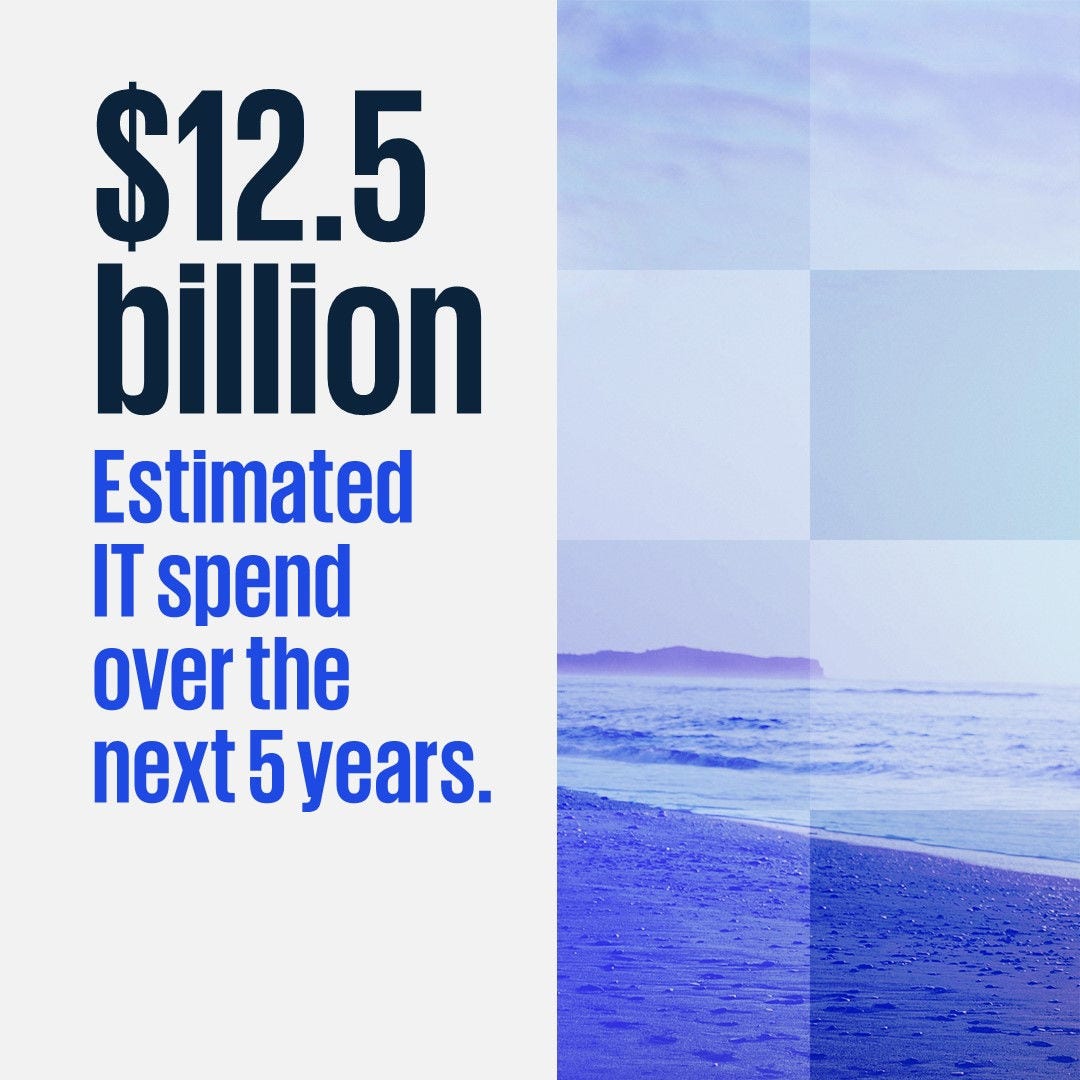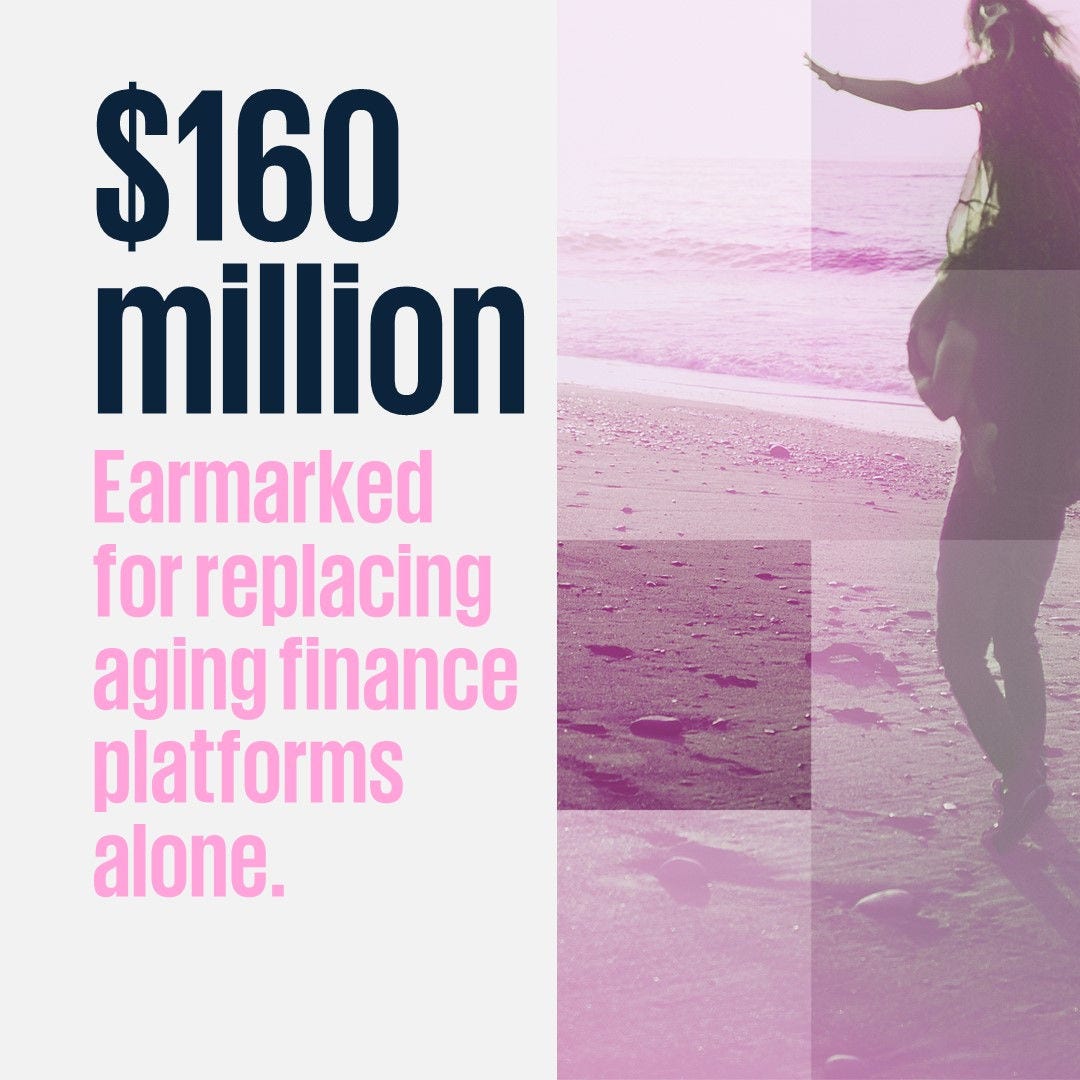The recent appointment of a Minister for Digitising Government underscores the profound opportunity and formidable challenge presented by the digital revolution for Aotearoa New Zealand’s public services and its citizens.
Budget 2024 presents a pivotal moment to accelerate the transformation of digital service delivery, perhaps drawing inspiration from successful models across the Tasman like Australia’s Service NSW, which has seamlessly integrated digital technology, handling millions of licenses and delivering substantial rebates and vouchers online.
Part of the case for this investment is that maintaining the status quo is itself a costly endeavour. Current IT spending in New Zealand’s public sector is significant, projected to approach $1 billion this fiscal year. More concerning, the demand for digital services from increasingly digital native citizens is rapidly outpacing available funding. Recent estimates suggest a staggering $12.5 billion spend over the next five years, a figure deemed unaffordable by many, with $160 million alone earmarked for replacing aging finance platforms.
Driving transformative change requires bold action. We’ve seen the arrival of global hyperscale cloud providers, coupled with the rise of local owned data centre providers, both of which will likely be the beneficiaries of a potential $5 billion investment from the public sector’s IT funding pool over the next five years. This influx of smart, flexible infrastructure, aligned with a growing awareness of data sovereignty, can provide the foundation for New Zealand’s digital future. Innovative initiatives like the recent Māori data sovereignty agreement led by Te Tumu Paeroa, ensuring the protection of Māori data, “taonga,” serve as a paradigm for equitable data governance in the digital realm.
Legislative advancements are equally crucial. The Digital Identity Services Trust Framework Act is poised to empower consumers with greater choice in digital identity providers, while legislation from the Ministry of Business, Innovation and Employment (MBIE) promises to enshrine consumer data rights.








